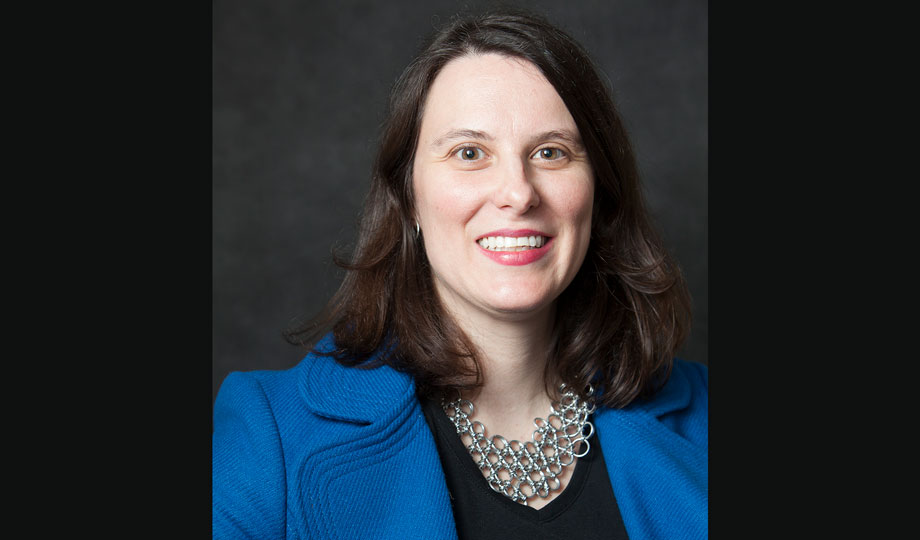
Program: English
Nicole Matos has always been a big reader with a knack for writing.
“When I was a kid, my parents had to set limits on how many library books I was allowed to bring home in order to leave some for other children!” she said. “I think I was – and still am – particularly good at intuiting the deep structures characteristic of expository writing and at putting those structures into play. Writing is all about patterns – flexible, non-formulaic patterns, but patterns nonetheless – and I am definitely a pattern person.”
Matos earned her teaching credential for high school English and enjoyed teaching at that level. She also received her Ph.D. at the University of Massachusetts at Amherst and taught developmental writing, college writing and literature to undergraduates there. After teaching at Merced College in Merced, Calif., she came to College of DuPage.
Matos tells her students that learning writing is like learning a sport.
“It is a kinetic, procedural knowledge, a knowledge that you gain by actually doing the thing and not the kind of subject you can learn by studying a book,” she said. “I am not a lecturer but a coach – like any sports coach, I watch my students ‘on the field,’ help them pinpoint aspects of their performance that need work, and provide the targeted practice to help them succeed.
“I enjoy teaching writing because it is a subject many students are afraid of, and it is very rewarding to me to see them leave my classes no longer afraid. Students will write many pages in my courses! But I hope students will take away from my classes the confidence that dedication and effort are the key to writing success, and not some romantic – and almost always false – notion of ‘natural talent.’”
Besides teaching writing, Matos is inspired by the literatures of contemporary Africa, India, the Caribbean and other countries that were once subjugated.
“My graduate work centered on postcolonial literature, and I remain thoroughly inspired by the incredible writers that have emerged from these cultures despite racial, ethnic, political and socioeconomic oppression,” she said. “I have lines from two postcolonial Nobel Prize winners tattooed on my biceps – my ultra-light version of the insights I took away from my Ph.D. One is a Derek Walcott quote that reads, ‘I want all this to happen to me,’ and it reminds me of the power of radical acceptance, of valuing life despite its costs. The other is from J.M. Coetzee and it reads, ‘This is not the scene I dreamed of,’ that I intend as a cautionary reminder not to let my projections and fantasies detract from the real world.”